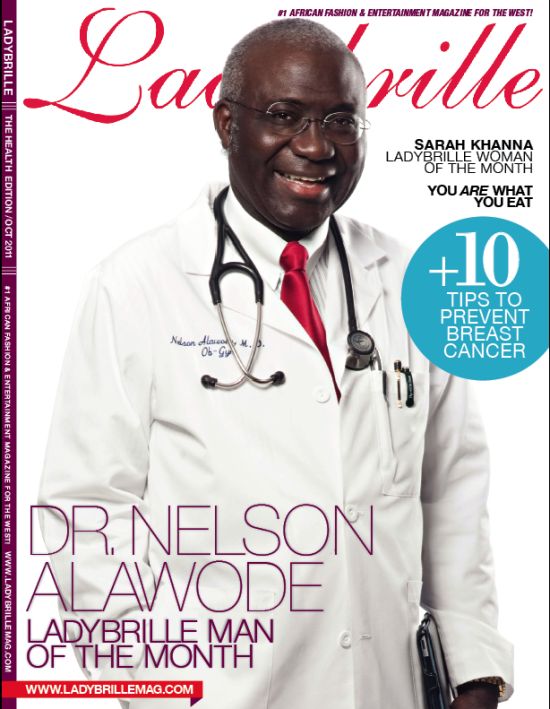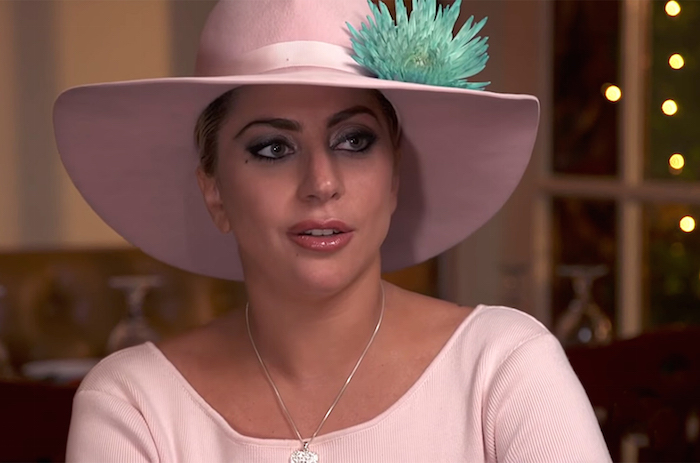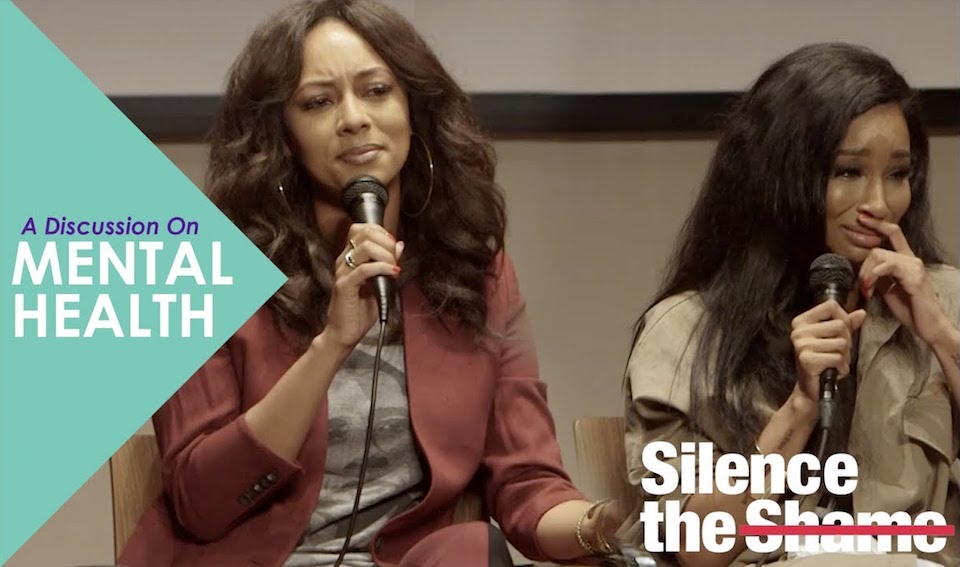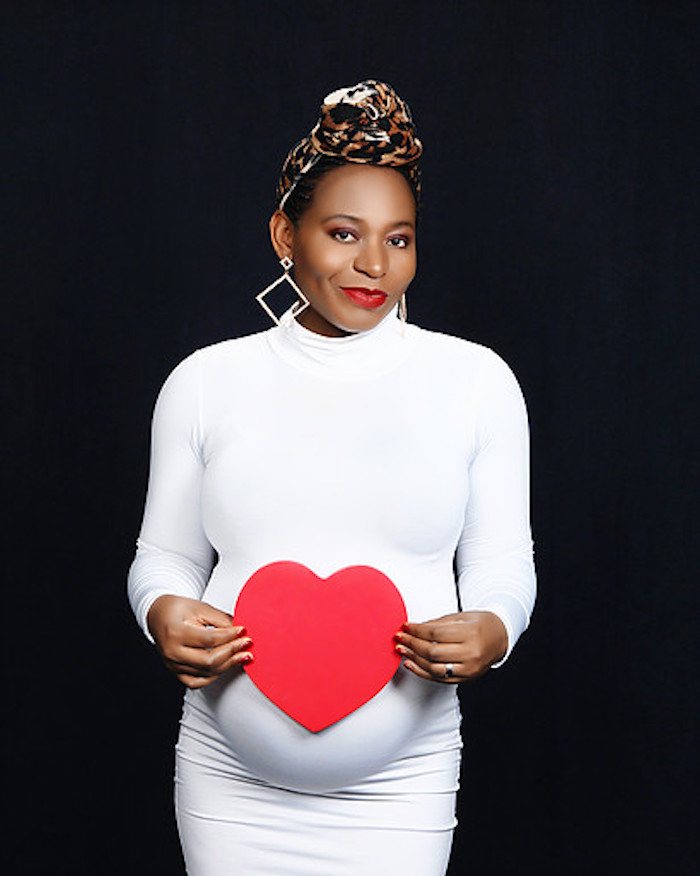 Raise your hands if you recall receiving sex education in high school? I recall it vividly. It was a time many adults shrugged their shoulders and concluded we would have sex, anyway. Accordingly, they did the most reasonable thing; at least everyone thought, at the time, they taught us about “safe sex.” “Safe sex” became the “it” buzzword.
Raise your hands if you recall receiving sex education in high school? I recall it vividly. It was a time many adults shrugged their shoulders and concluded we would have sex, anyway. Accordingly, they did the most reasonable thing; at least everyone thought, at the time, they taught us about “safe sex.” “Safe sex” became the “it” buzzword.
“Safe sex” was a class session where sex educators came to our school, provided condoms and of course demonstrated how a condom should be worn. A condom was placed over a banana to show us how to practice putting a condom on. Girls were encouraged to also know how to do this. For many of my peers, this drew loud giggles and laughter while others swore out loud they would never eat a banana again. Through it all, I do not recall ever hearing another alternative message i.e. it is okay to wait to have sex because there are huge emotional, psychological and spiritual implications that come with sharing yourself with another, especially as a teenager. In any event, sex was no big deal and overtime, it seemed everyone was having sex. Sex had become more of a casual kiss on a first date. All of these took place in the early 90s and by the mid-90s, yet another buzz word, ‘sexually transmitted disease,’ emerged.
Over a decade later, do teens get it? In September 2011, Reuters reported the following, “young people across the globe are having more unprotected sex and know less about effective contraception options, a multinational survey revealed . . . The “Clueless or Clued Up: Your Right to be informed about contraception” study prepared for World Contraception Day (WCD) reports that the number of young people having unsafe sex with a new partner increased by 111 percent in France, 39 percent in the USA and 19 percent in Britain in the last three years.”
These increases in numbers are exactly what Dr. Nelson Alawode, an OB/GYN and Ladybrille Man of the Month, would like to decrease, substantially. Dr. Alawode was born on October 31st, 1952, in Oyo State, Nigeria. He graduated Magna Cum Laude from the University of Portland where he obtained a B.S. degree in Pre-Medicine in 1976. In 1981, he obtained his MD from Bowman Gray school of Medicine and attended the University of Maryland Hospital to complete his Residency program in OB/GYN.
Hearing him talk about sex, it might initially appear he is out of touch with reality. Dr. Alawode advocates abstinence, especially among teens and believes all, especially teens, should wait until marriage to have sex. Really? As in who thinks that way or even does that in this day and age? Adults can’t even wait yet teens are expected to wait? Why? Upon a closer look, however, Dr. Alawode’s position is actually backed by both his personal and professional hands on experiences in the medical field as an OB/GYN.
“I know we say (to our youths) take your condom and go do what you want to do. But I don’t believe it is the right answer,” he insist firmly as I challenge his views on pre-marital sex and its interconnectedness with high rate of pregnancy and STDs, especially among youths. “Back then, (our main concern during) the Woodstock era was just Gonorrhea and Syphilis. (Today), we have about 28 sexually transmitted diseases we are dealing with,” he informs me.
“29.3% of 9th graders (roughly about 14-16years) admit to have had sex and 6% of those admit to have had more than four partners. 62.4% of 12th graders (roughly about 17-18years) admit to have had sex and 20.2% have had four or more partners. 21% of all births in the United States in a year are by women who are between the age 15-19,”he adds.
He should know. On a personal level, Dr. Alawode experienced a life changing event while he was rotating through the department of OB/GYN as a medical student at Wake Forest. During that time, he helped deliver a baby for an 11 ½ year old girl. The birth was completed through cesarean section. It was an experience so profound, he knew something had to be done. In trying to ascertain the deeper message from that experience, Dr. Alawode concluded his mandate was to take a message that was far from politically correct to as many youths as possible. The message was that of abstinence. Ultimately, he launched his non-profit ‘Abstinence Teen Choice’ to push the abstinence message.
“I am doing this because it seems we have forgotten our youths and no one is teaching them what they need to learn, truly, about what is involved with sex,” said Dr. Alawode as I probed further on his motive for establishing ‘Abstinence Teen Choice.’
With the creation of ‘Abstinence Teen Choice,’ Dr. Alawode spends his time teaching teens to understand the psychological implications of having multiple sexual partners so they realize that multiple STD’S can be transmitted from engaging in sex with one or multiple partners outside a committed relationship.
Believing that if youths are given pertinent information, they will make wiser and beneficial choices about their sexual health and relationships, Dr. Alawode educates teens by providing them with one-one-time where applicable, educational materials and numerous relevant resources to point them in the right direction.
I asked how the parents of the teens he educates have been reacting to him. “A lot of parents ask me, where were you when I was growing up? Both spiritually and emotionally, teens need to be told what happens and the adverse consequences of being sexually active,” he adds.
“What you are saying is not the norm and to some it would appear that you are pushing your Judeo-Christian values on youths. Why should anyone listen?” I ask.
“I am not forcing this on anybody,” he responds. “I believe (teens) should know and have these issues at the forefront (of their minds). I don’t think we are doing children any service by not discussing these issues. I do not believe that if the whole world is doing it, it necessarily makes it right.”
Dr. Alawode explains to me that he talks to youths frequently and at nineteen (19) they have had as much as thirty partners. “ . . . if you’ve been around five partners, you’ve been around over 30 people. If you’ve had 12 partners, you have been around over 4,000 plus people, according to the American College of OB/GYN, ” he explains.
Indeed sex education that includes abstinence is very critical to the overall well being of youths. After all of our discussions on teen sexual health, I wanted to know about women’s overall health. What do we need to be going as women to ensure we are on the right track with our health? Dr. Alawode gave me the following checklist:
• According to the American college of OB/GYN, women should not get a pap smear until they are 21. “The number one cancer in the world is cervical cancer but for the USA, it is not an issue because of pap smears,” explains Dr. Alawode.
• Dr. Awolade adds that women in their 20s should also be up to date on immunizations especially if they are college bound.
• Once a woman reaches her 40s, then a mammogram check up should be added but this is not routine. However, he points out a woman with any family history of breast cancer should begin her mammogram checkups in her 30s.
• At 45, women should check blood sugar levels because diabetes can be a problem.
• Once a woman clocks 50, a mammogram becomes routine until 65.
Dr. Alawode’s Abstinence Teen Choice Campaign kicks off, officially, this fall worldwide.
-Uduak Oduok
Founded in 2007, Ladybrille® Magazine is a California based pioneer digital publication demystifying the image of Africans in the west through contemporary African fashion and celebrating the brilliant woman in business and leadership, with an emphasis on the African woman in the diaspora. Our coverage includes stories on capital, access to markets, expertise, hiring and retention, sales, marketing, and promotions.






